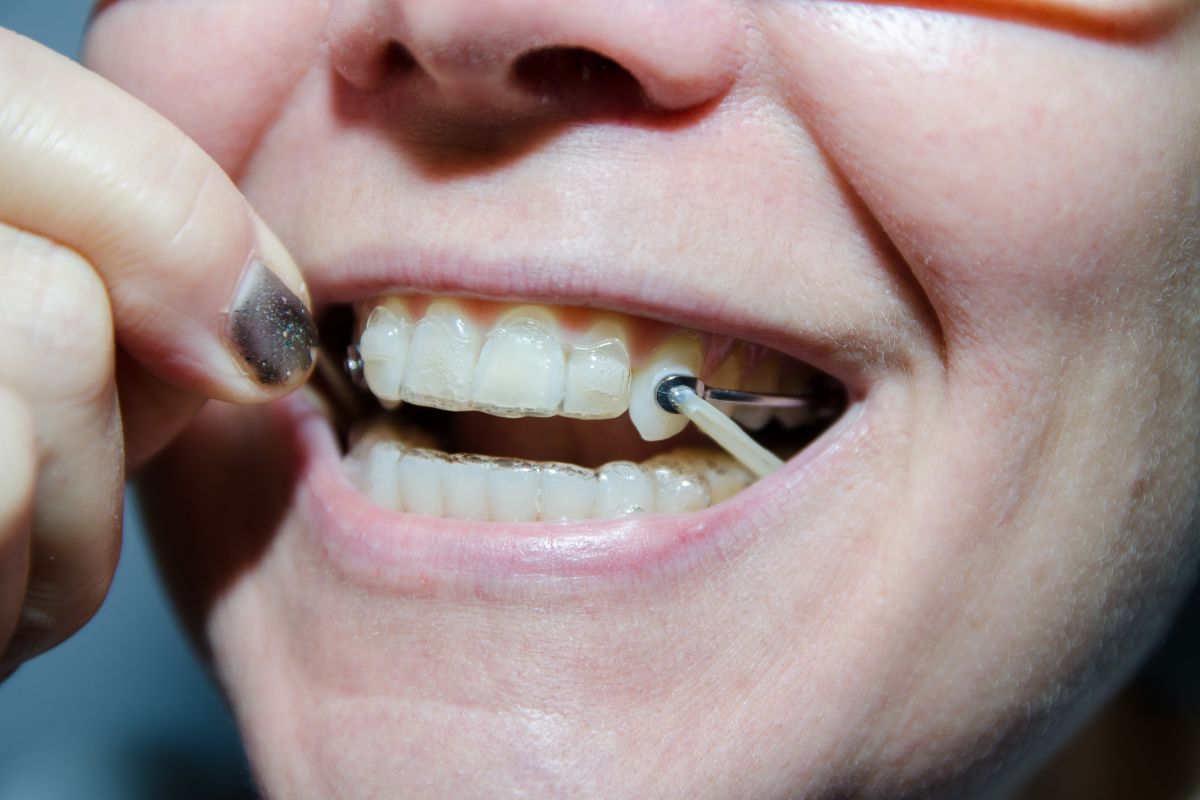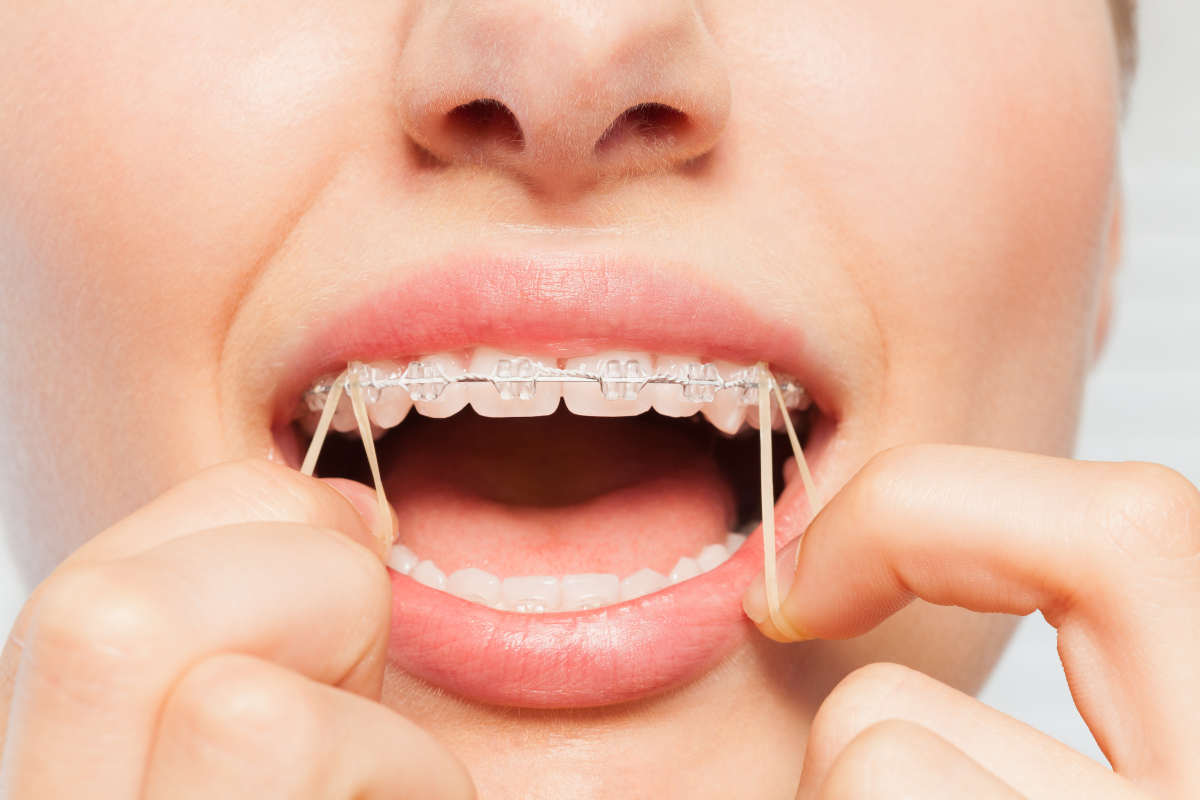

Thumb sucking is a natural reflex that comforts many infants and young children. While it may seem harmless, prolonged thumbsucking can significantly affect dental health. This in-depth article will delve into the consequences of thumbsucking to teeth, understand its impact on oral health, and explore effective strategies to address this habit. Whether you’re a concerned parent or an individual looking to improve their dental well-being, this article will provide expert insights to guide you through the journey.
Effects of Thumb-sucking to Teeth
Thumbsucking can lead to several adverse effects on teeth and oral structures. Let’s explore these consequences in detail:
Dental Misalignment and Malocclusion
Thumb-sucking exerts continuous pressure on the developing teeth, causing them to shift from their normal position. Prolonged and forceful thumb-sucking can result in dental misalignment, leading to malocclusion, where the upper and lower teeth do not fit together correctly. Malocclusion can affect speech, chewing, and overall oral health.
Open Bite
Thumb-sucking, especially when it involves the front teeth, can create an “open bite” condition. An open bite is characterized by a gap between the upper and lower front teeth when the back teeth are clenched. This misalignment can make biting and chewing less effective and may lead to speech difficulties.
Overbite and Underbite
Prolonged thumb-sucking can also lead to the development of overbite or underbite. An overbite occurs when the upper front teeth significantly overlap the lower front teeth, while an underbite is characterized by the lower front teeth overlapping the upper front teeth. Both conditions can affect proper jaw alignment and contribute to chewing and jaw joint issues.
Speech Impairments
The misalignment caused by thumb-sucking can affect how a child’s tongue and lips move during speech development. This can result in speech impairments, making it difficult for the child to articulate certain sounds and words.
Palatal Changes
Thumb-sucking can also impact the shape of the child’s palate (roof of the mouth). Prolonged thumb-sucking can push the palate upward and forward, resulting in a narrow, high-arched palate. This alteration may lead to breathing difficulties and contribute to various oral issues.
How to Prevent and Address Thumbsucking?
Preventing and addressing thumb-sucking requires patience and understanding. Here are some effective strategies to help children break the habit:
Positive Reinforcement and Rewards
Encouraging children to stop thumbsucking using positive reinforcement and rewards can be highly effective. Praise their efforts and offer small rewards when they successfully avoid thumb-sucking for a certain period.
Identifying Triggers and Substitutes
Identify the triggers that lead to thumb-sucking, such as stress or boredom, and help children find alternative ways to cope with these emotions. Offer a soft toy or blanket as a substitute for comfort.
Use of Thumb Guards
Thumb guards are devices designed to prevent thumbsucking. These guards act as a physical barrier, making the habit uncomfortable and discouraging it.
Behavior Modification Techniques
Use behavior modification techniques, such as bitter-tasting nail polish, to help children become more aware of their thumb-sucking behavior and gradually stop the habit.
Seek Professional Guidance
If the thumb-sucking habit persists and causes significant dental issues, seeking guidance from a dental professional or thumb-sucking specialist is essential. They can provide personalized advice and interventions to address the habit effectively.
Takeaway
Thumb-sucking can significantly affect teeth and oral health, leading to misalignment, speech issues, and more. Parents and caregivers must know the potential consequences and take appropriate measures to prevent and address this habit. Children can overcome thumbsucking and achieve better dental health by employing positive reinforcement, finding substitutes, and seeking professional guidance when necessary. Early intervention and understanding are crucial in breaking the thumb-sucking habit and promoting a healthy smile.
Orthodontic Treatment After Thumbsucking
“A positive self-image and self-confidence can result from proper orthodontic care.”
This belief has been our foundation for over 17 years of creating beautiful, straight, and confident smiles!
With thousands of finished cases under our belt, we are confident in our ability to provide you and your family with excellent treatment delivered with expertise and care.
Plan your smile with one of the best Orthodontists in Toronto, Ontario. Schedule a virtual care or in-office appointment with us! Let’s work together to create the best smile for you and your family.
FAQs about Thumbsucking and Dental Health
Is thumbsucking a normal behavior for infants?
Thumbsucking is a common self-soothing behavior among infants and young children. It is considered normal and not a cause for concern during the early developmental stages.
At what age does thumbsucking become a dental concern?
Most children naturally stop thumbsucking between the ages of 2 and 4. If the habit continues beyond age 4, it may lead to dental issues, and parents should consider addressing it.
Can pacifiers be a suitable alternative to thumbsucking?
Yes, pacifiers can be a suitable alternative to thumbsucking, as they are designed to satisfy a child’s natural sucking reflex. However, parents should ensure that pacifier use is limited and appropriately timed to avoid potential dental problems.
Will using bitter-tasting nail polish harm my child?
No, using bitter-tasting nail polish is safe for children. It is specifically designed to discourage thumbsucking by making the habit less appealing without causing harm to the child.
Can thumbsucking be related to emotional issues?
Thumbsucking can sometimes be related to emotional issues, such as anxiety or stress. Parents must observe emotional patterns associated with thumbsucking and address the underlying concerns.
How can I help my child if they are experiencing speech difficulties due to thumbsucking?
If thumbsucking is causing speech difficulties, consult with a speech therapist. They can assess the speech issues and provide appropriate therapy to improve your child’s communication skills.
Recent Posts
-
Inside the World of Orthodontists: Education, Precision, and Transformative Treatments
The Evolution of Orthodontics: A Brief Historical Overview Orthodontics, an integral branch…
-
How Orthodontists Plan a Treatment for a Beautiful Smile
Understanding the Patient's Unique Needs A positive self-image and confidence can result…
-
Unleash Your New Smile! Here's What You Need to Know Before Braces Removal
Are you excited to see your smile transformation? Taking your braces off…
-
Traits That a Good Orthodontist Should Have
Choosing an orthodontist is half your smile transformation journey. That’s why in…
-
How Braces Can Help Fix an Asymmetrical Jawline
An asymmetrical jawline can cause concern for many individuals, affecting their appearance…
-
Can Cavities Be Reversed?
Cavities are among the most common dental issues people of all ages…
-
What to Prepare During Your First Braces Appointment
Are you about to embark on your journey to a beautiful smile…
-
Taking Care of Baby Teeth: A Comprehensive Guide for Parents
Caring for our children's health is one of our most crucial responsibilities…
-
What are Brace Elastics?
If you or someone you know is undergoing orthodontic treatment with braces,…
-
Difference Between an Overjet and Overbite: A Comprehensive Guide
Two orthodontic terms that often confuse our patients are "overjet" and "overbite."…







 Instagram
Instagram
